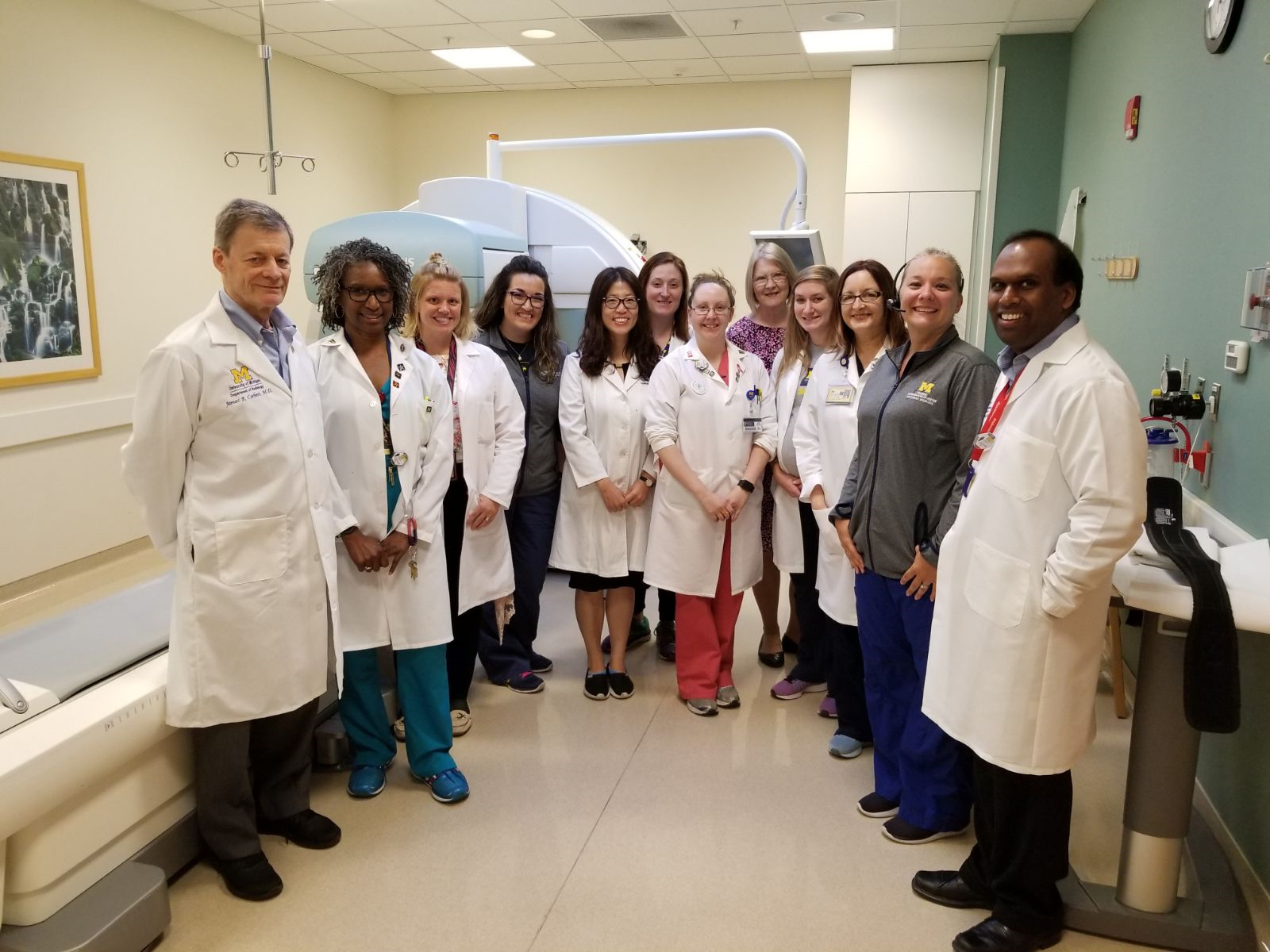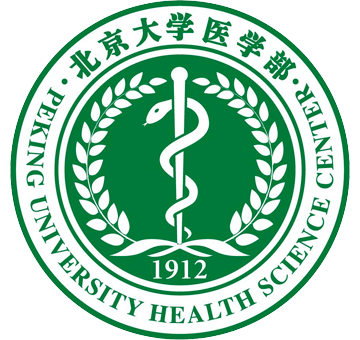Visiting PKUHSC physician spends year at Michigan Medicine
A Chinese physician is spending a full year at Michigan Medicine to learn nuclear cardiology techniques.
FangFang Wang, MD, arrived last December and been working closely with Associate Professor of Radiology and Cardiovascular Medicine Venkatesh Murthy and others to learn techniques like myocardial perfusion imaging and positron emission tomography. Such noninvasive imaging methods, which can measure blood flow through the heart and identify areas that have been damaged, are increasingly common in the United States but not yet widespread in China – although Wang is hoping to change that.
“We typically rely on other methods that are more limited and don’t always provide as much information,” she said. “I’ve learned a lot very quickly here because the nuclear cardiology program is so well developed.”
Wang is a cardiologist at Peking University Third Hospital, one of the affiliate hospitals of Peking University Health Science Center (PUHSC), in Beijing, a prominent UMMS partner school. She first visited Ann Arbor as an attendee of the 2014 Joint Institute Symposium, an annual meeting to highlight and advance collaborations between Michigan Medicine and PUHSC. Funded by the Chinese government, Wang’s return to U-M this late last year marks her first extended visit to Michigan Medicine.
“Dr. Wang is a really wonderful addition to our team. Her participation has allowed us to learn more about cardiology in China, including how the challenges they face are both similar and different,” said Murthy, MD. “She’s also been a major help to our research programs and has been really wonderful to discuss clinical cases with.”
In addition to expanding her clinical skills, Wang is also engaged in nuclear imaging research with Murthy and other Michigan Medicine collaborators exploring ischemia and inflammatory heart disease. That work is expected to result in multiple papers in the coming year, publications that will likely follow her return to China in December.
“Ann Arbor has been a very good place to study. The biggest thing that has impressed me is how engaged everyone is in their work and how happy they are to teach and share their skills,” Wang said. “Their focus and enthusiasm makes you love your job.”



